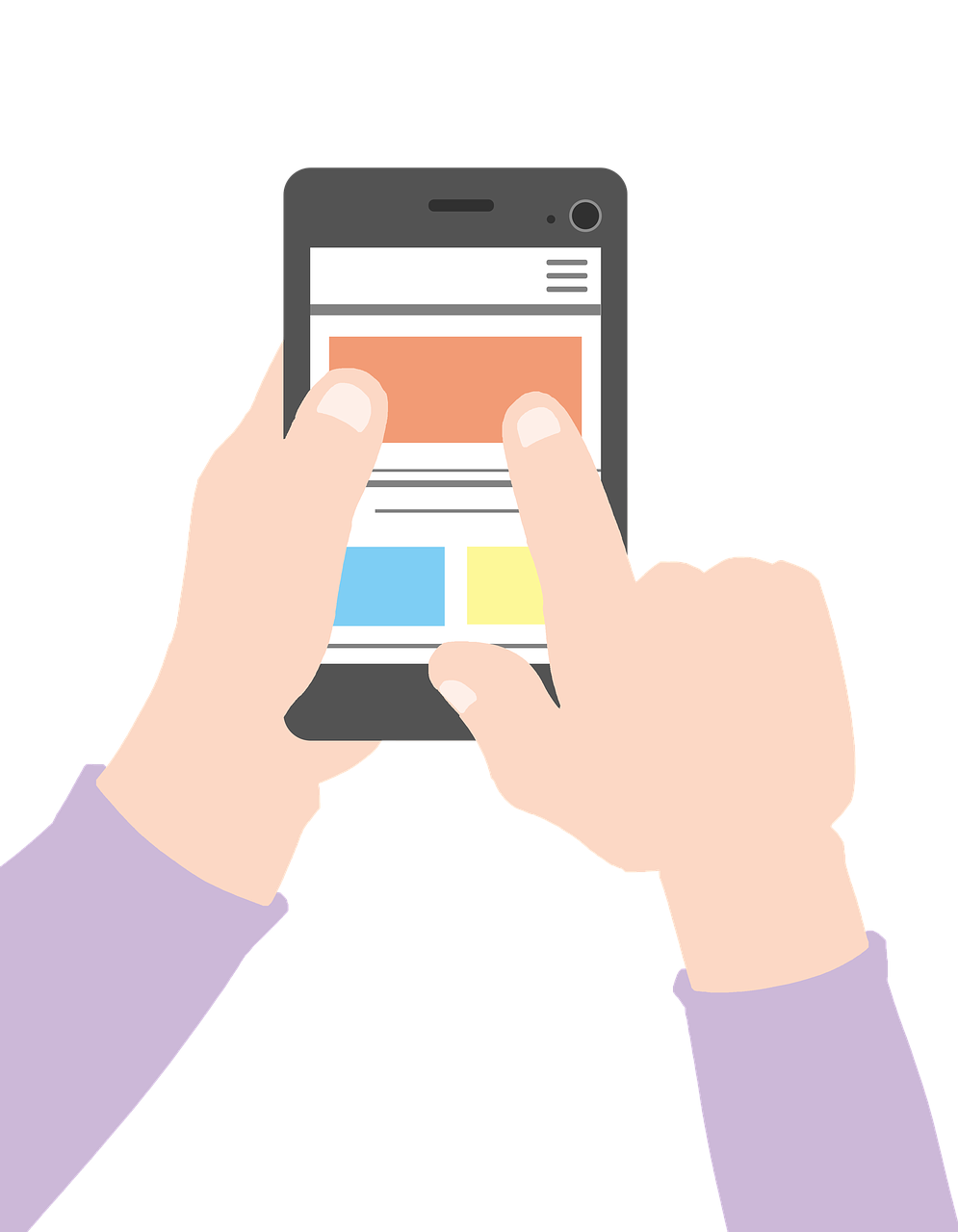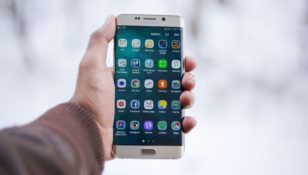Messenger app: The Evolution of Instant Messaging

Introduction:
In today’s digital era, communication has become an essential part of our lives. With the world becoming a global village, people are constantly searching for efficient and convenient ways to stay connected. Messenger apps have revolutionized the way we communicate, providing us with instant messaging functionalities that transcend traditional borders. In this article, we will delve deep into the world of messenger apps, exploring their significance and evolution over time.
What is a messenger app?

A messenger app, also known as an instant messaging app, is a software application that enables users to exchange messages in real-time over the internet. These apps have gained immense popularity due to their convenience, easy accessibility, and ability to connect people across geographical boundaries. Messenger apps facilitate both one-on-one and group conversations, allowing users to send text messages, voice notes, images, videos, and even make voice and video calls seamlessly.
Key features and considerations:
When delving into the world of messenger apps, it’s important to understand the features that make them stand out. Here are some essential aspects to consider:
1. Encryption: In an era where privacy and security have become paramount, messenger apps need to prioritize end-to-end encryption. This ensures that only the intended recipient can access and decipher the messages, protecting users from unauthorized access.
2. Cross-platform compatibility: One of the key reasons why messenger apps have gained widespread popularity is their ability to run on multiple platforms and devices. This enables users to seamlessly switch between their smartphones, tablets, and computers, ensuring uninterrupted communication.
3. Multimedia sharing: Messenger apps have evolved beyond just text-based conversations. Users can now share an array of multimedia content, including photos, videos, documents, and even GIFs, making conversations more interactive and engaging.
4. User-friendly interface: The success of a messenger app largely depends on its user interface. An intuitive and user-friendly design ensures that even technologically challenged individuals can navigate the app effortlessly, enhancing the overall user experience.
The Evolution of Messenger Apps: A Historical Perspective
The idea of instant messaging dates back to the early 1960s, where applications like PLATO Notes and CTSS Chat laid the foundation. However, it was not until the late 1990s that messenger apps entered the mainstream. Let’s take a trip down memory lane and explore the chronological development of messenger apps:
1. ICQ: Launched in 1996, ICQ became one of the pioneering messenger apps. It offered individuals the ability to send instant messages, chat in real-time, and even exchange files. Its popularity skyrocketed, boasting millions of users worldwide.
2. AOL Instant Messenger (AIM): Introduced in 1997, AIM quickly gained momentum, becoming a fundamental part of the internet culture in the 2000s. AIM allowed users to create their own profiles, connect with friends, and engage in group chats.
3. MSN Messenger: Introduced by Microsoft in 1999, MSN Messenger became an integral part of the Windows operating system. It offered features like offline messaging, emoticons, custom avatars, and even gaming integration.
4. Skype: While primarily known for its video conferencing capabilities, Skype also facilitated instant messaging. It gained popularity for its cross-platform compatibility and ability to host conference calls, making it a preferred choice for both personal and professional communication.
5. WhatsApp: The advent of smartphones revolutionized messenger apps. WhatsApp, launched in 2009, gained significant traction due to its simplicity, easy setup, and free messaging service. It introduced features like read receipts and voice messaging, setting new standards in the industry.
6. Facebook Messenger: As social media became an integral part of our lives, Facebook launched its messaging app in 2011. Integrated with Facebook’s vast user base, Messenger offered seamless communication alongside other features like voice and video calling, stickers, and a vast array of visual content.
The Rise of Lead Players in Messenger Apps:
In recent years, a few messenger apps have emerged as market leaders, shaping the way we communicate. Let’s explore some of these key players:
1. WhatsApp: With over 2 billion monthly active users, WhatsApp has become a household name. Its powerful encryption, simplicity, and cross-platform compatibility have solidified its position at the top.
2. Facebook Messenger: Integrated with the world’s largest social network, Facebook Messenger boasts over 1.3 billion users. It offers a myriad of features, including chatbots, games, video calling, and integrations with other platforms.
3. WeChat: While largely popular in China, WeChat has rapidly gained popularity worldwide, boasting over 1.2 billion users. It combines instant messaging with social media, mobile payment, and even serves as a platform for e-commerce.
4. Telegram: Known for its focus on privacy and security, Telegram has gained a loyal user base of over 400 million. It offers features like self-destructing messages, encrypted calls, and a vast array of customization options.
Conclusion:
Messenger apps have revolutionized the way we communicate, bridging the gap between individuals across the globe. With their continuous evolution, messenger apps have become an integral part of our daily lives. From humble beginnings to becoming global leaders, these apps have shaped the digital communication landscape we know today. Whether it’s catching up with friends, collaborating with colleagues, or connecting with loved ones, messenger apps have become our go-to solution for instant communication.

















